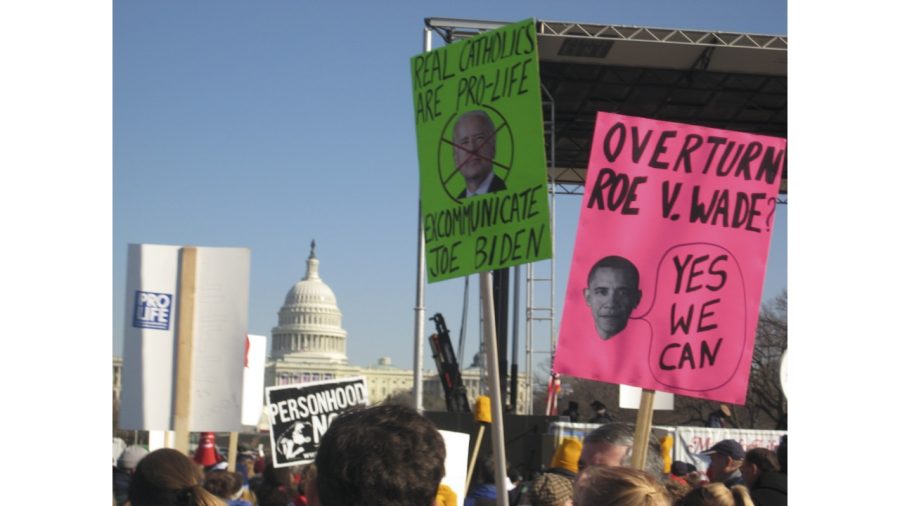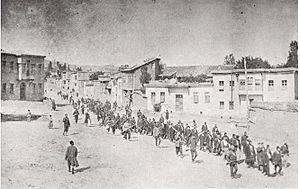The United States-Mexican-Canadian Agreement, more commonly known as USMCA, was signed by the leaders of each nation involved on Oct. 4, 2018, to replace the North American Free Trade Agreement (NAFTA) that was set to expire in mere weeks.
For many, the signing of the agreement is a major boon. Whether it was for investors, producers, or labor unions, most everyone will benefit from the USMCA. To understand the importance of the new NAFTA, one needs to know the old.
In 1988, the US and Canada made a deal promising to remove tariffs over time. Both countries sought to include Mexico in order to expand their sphere of influence in trade and to help Mexico develop more as a country economically. By 1994, the fine details had been worked out and both Canada and Mexico had signed the North American Free Trade Agreement. America signed with them and the deal was approved bipartisanly by Republican President George H. W. Bush and the Democratic Congress.
According to the Office of the United States Trade Representative, “NAFTA also includes chapters covering rules of origin, customs procedures, agriculture and sanitary and phytosanitary measures, government procurement, investment, trade in services, protection of intellectual property rights, and dispute settlement procedures.” When released another intent of NAFTA was to compete with Chinese imports in order to decrease import costs and localize imports more to North America.
So what is the big deal with the new one? If the old one was so great, why not just renew the agreement? In recent times Trump has stated that, like trade with China, NAFTA is unfair. So he changed it.
There are a few major differences.To name a few, auto workers with increased wages to a minimum of 16 dollars per hour are mandated to work 30 percent of time on any automobile entering the US, 75 percent of steel for these automobiles must come from the US, and dairy farmers can access certain markets in Canada. When asked how investments will be impacted by the USMCA, Philip George, an economics teacher at Pleasant Valley, responded, “There may be change in some industries.” And in response to the car market George stated, “Some companies will stop making small cars for the US.”
A major reason George thinks this is because with the increase of union and individual wages and sustained steel tariffs, the profit of margin for small cars will diminish drastically. While NAFTA aimed to increase free trade, the USMCA aims to promote fair trade. Both of these, while having different initial goals, seek to promote North American trade and economic growth.
Eric Crawford, another Economics teacher at Pleasant Valley, commented on the issue as well. Crawford stated, “There’s gotta be some job growth, probably somewhere in between five to ten thousand jobs increase.” While the numbers are just a speculation, the message behind what Crawford is saying is important. With the USMCA underway, many can expect an increase in job growth and investments in American car production.
According to Business Insider, the deal still has until late 2019 before Congress will have their final say and vote to accept the trade deal, so this could all be changed within a year. Even considering that, NAFTA was passed bipartisanly, and many economists and representatives of Congress are hopeful that it can happen again.
So why should you care? Well, this deal has a lot at stake. The fiscal security of certain companies, the impact of investors waiting to make more investments, international trade, and everyday effects in the lives of anyone in North America. For many people in the Quad City area this may not affect them, unless they drive a car, have anything made of steel, drink milk, read books, or take pills. Crawford commented,“They [students] need to know about trade in general because we use so many products as a result of foreign trade.”















